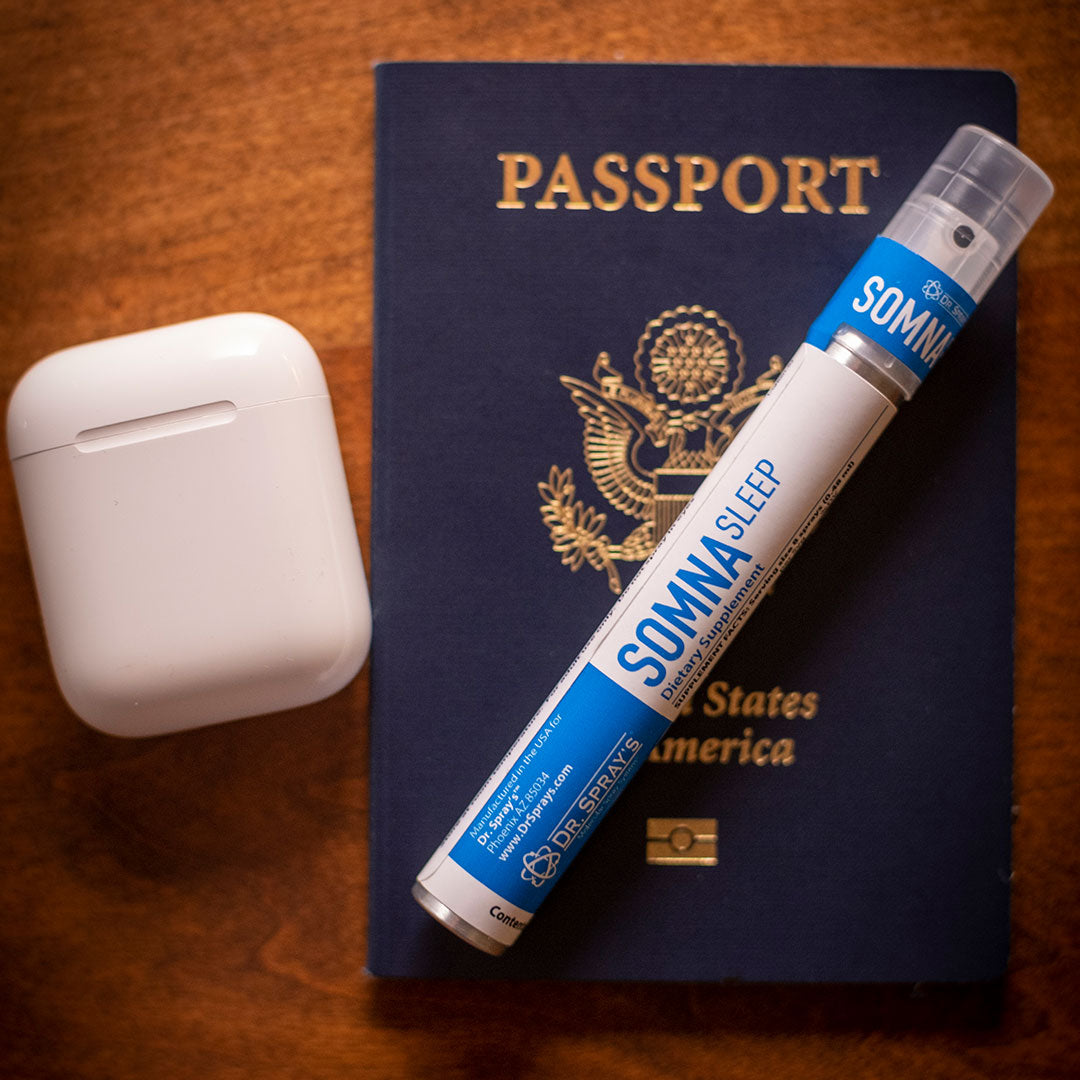How Do I Get My 1 Year Old To Sleep?
If your 1-year-old isn't sleeping through the night, you're not alone. Many parents find that their little ones still need some help when it comes to getting a good night's rest. Here are a few tips to help you get your 1-year-old to sleep:
- Make sure your child's bedroom is dark and quiet.
- Establish a bedtime routine.
- Put your child to bed when they're tired.
- Don't let your child sleep in your bed.
With some patience and consistency, you should be able to help your 1-year-old get the sleep they need. sleep deprived new parent here. my 1 year old just will not sleep through the night! she'll go down for a nap no problem, or go to bed at night no problem.. but then wakes up around 2 or 3am and wants to party. i've tried everything- rocking her, singing to her, giving her a pacifier, it just doesn't work. any tips?
If your little one is having trouble sleeping through the night, you're not alone. Many parents of 1-year-olds report that their child goes through phases of waking up in the middle of the night. There are a few things you can try to help your child (and yourself) get some more rest.
1. Establish a bedtime routine
A bedtime routine can help signal to your child that it's time to wind down and go to sleep. This might include a bath, stories, and a song. Keep the routine short and sweet so your child doesn't get too revved up before bed.
2. Put your child to bed drowsy but awake
It can be tempting to rock your child to sleep or breastfeed them until they're completely out. But this can make it harder for them to learn how to self-soothe and fall back asleep on their own if they wake up in the night.
Instead, put your child in their crib when they're still awake but drowsy. You might need to stay in the room for a few minutes to help them settle down, but once they're asleep you can leave.
3. Avoid screen time before bed
The bright light from screens can keep your child's brain active and make it harder for them to fall asleep. So it's best to avoid TV, phones, and iPads in the hour before bedtime.
4. Keep the room dark and quiet
Some children are sensitive to light and noise when they're trying to sleep. If this is the case for your child, try using a white noise machine or nightlight in their room.
5. Be consistent
It can be tempting to let your child stay up later on weekends or when there's a special event. But this can make it harder for them to adjust back to their regular bedtime during the week. It's important to be consistent with bedtimes (and naptimes) as much as possible.










